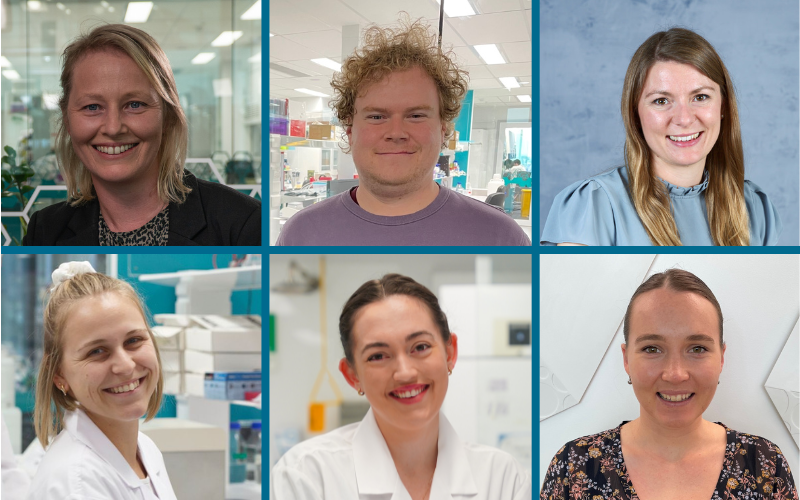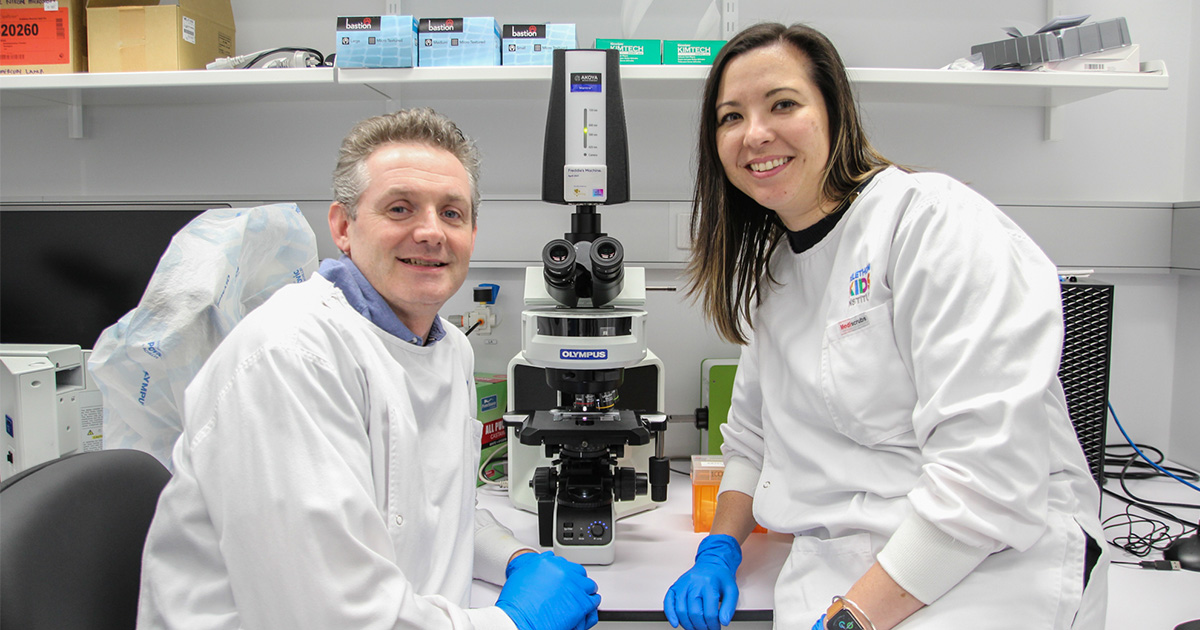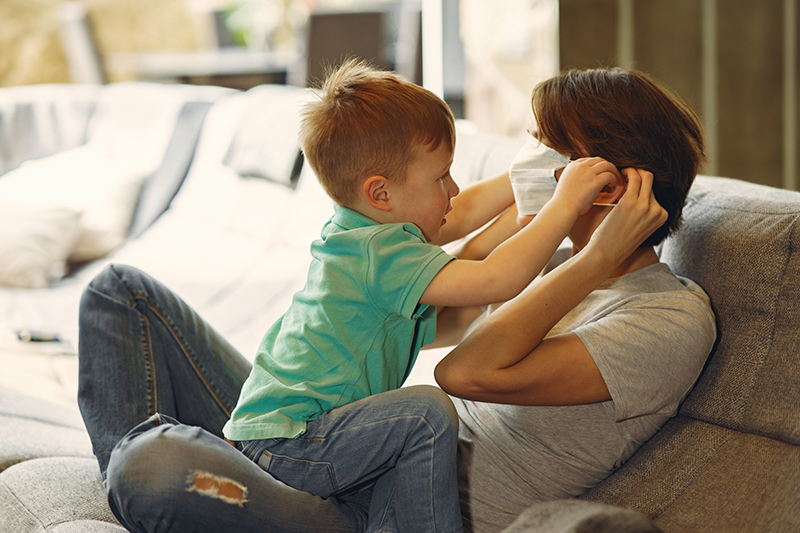Search
Showing results for "Au"
Research
Short-course oral co-trimoxazole versus intramuscular benzathine benzylpenicillin for impetigo in a highly endemic regionThe major burden of disease is in developing and tropical settings where topical antibiotics are impractical and lead to rapid emergence of antimicrobial...

As WA's first research collaboration dedicated to mental health, we work across The Kids Research Institute Australia and beyond to do the research that the community wants to see happen.

News & Events
Wal-yan respiratory researchers head to Milan to participate in international congressThe Wal-yan Respiratory Research Centre is proud to have a team of researchers taking part in, and contributing to, the outstanding scientific programme of the European Respiratory Society International Congress, taking place in Milan.

News & Events
Finding new treatments for rare brain cancers in infantsThe WA Kids Cancer Centre has secured $1.1 million in funding from the Medical Research Future Fund’s (MRFF) Paediatric Brain Cancer Research Stream 2 to develop more effective and less toxic treatments for rare brain cancers in infants.

News & Events
Helping WA kids through the state’s snap lockdownWA’s sudden lockdown has come as a shock to most of us. The Kids Research Institute Australia researcher and psychologist Dr Monique Robinson says parents should keep a close eye on their children who may be feeling anxious or disappointed as a result.
Understand the relationship between The Kids Research Institute Australia and Wangle Family Insites, a research-driven app to analyse children’s online activity in real time.

Learn about those behind the LiLO research study
Research
Research priorities for the primordial prevention of acute rheumatic fever and rheumatic heart disease by modifying the social determinants of healthThe social determinants of health such as access to income, education, housing and healthcare, strongly shape the occurrence of acute rheumatic fever and rheumatic heart disease at the household, community and national levels.
Research
Culturally supported health promotion to See, Treat, Prevent (SToP) skin infections in Aboriginal children living in the Kimberley region of Western Australia: a qualitative analysisWhile there are many skin infections, reducing the burden of scabies and impetigo for remote living Aboriginal people, particularly children remains challenging. Aboriginal children living in remote communities have experienced the highest reported rate of impetigo in the world and are 15 times more likely to be admitted to hospital with a skin infection compared to non-Aboriginal children.
Research
Clinical Management of Staphylococcus aureus Bacteremia in Neonates, Children, and AdolescentsStaphylococcus aureus is a common cause of community and health care-associated bacteremia, with authors of recent studies estimating the incidence of S aureus bacteremia (SAB) in high-income countries between 8 and 26 per 100 000 children per year. Despite this, <300 children worldwide have ever been randomly assigned into clinical trials to assess the efficacy of treatment of SAB.
